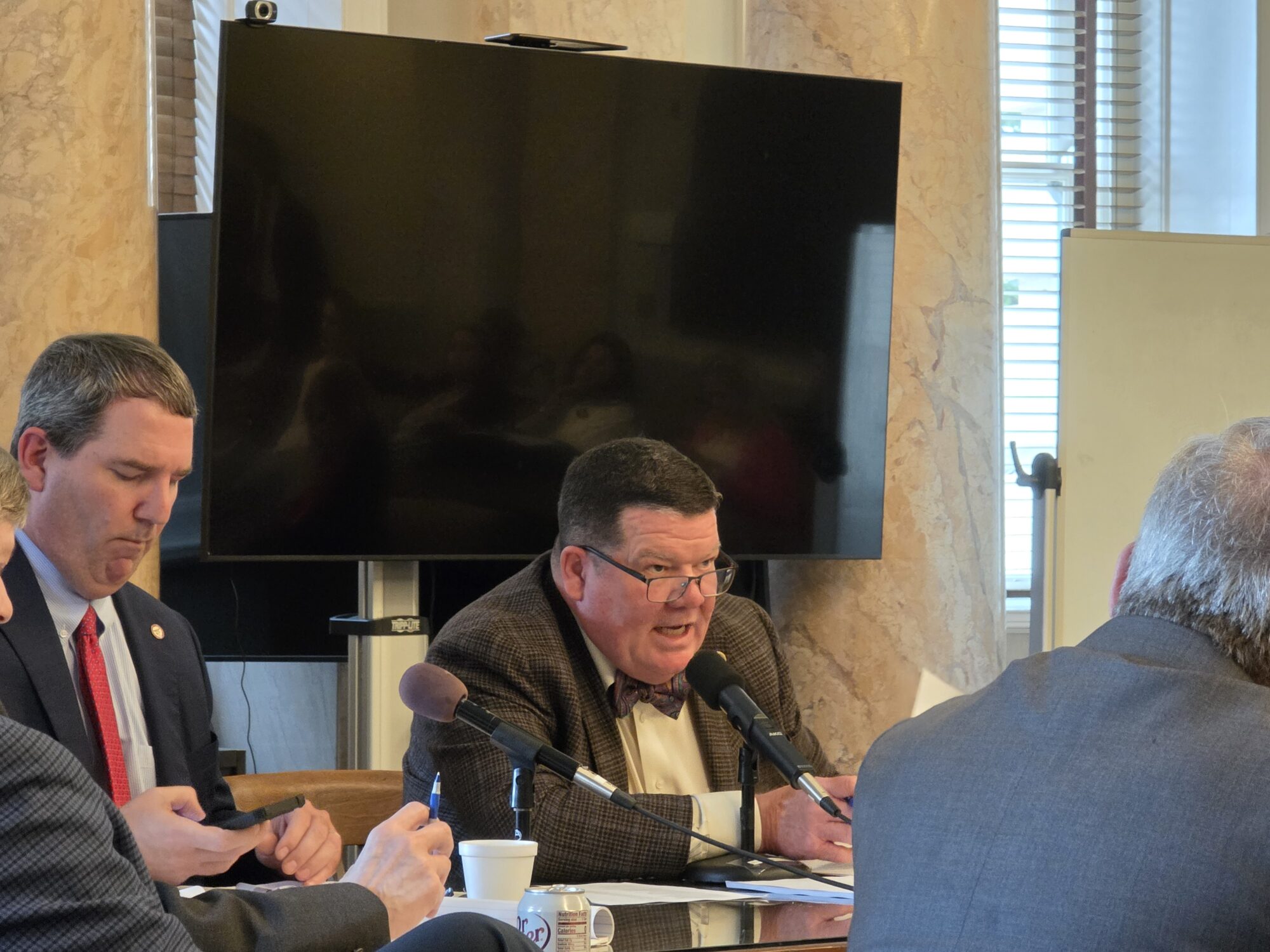At a football rally at the University of Mississippi (Ole Miss) last year, Chancellor Robert Khayat thanked Richard Scruggs for helping the university get Houston Nutt as the new football coach. Richard Scruggs, known as Dickie, was arguably the most successful tort lawyer in America and the man who took down Big Tobacco without conducting a single trial. Although Dickie is former U.S. Sen. Trent Lott’s brother-in-law, he’s a stout Democrat. Scruggs was not present at the rally in November because that morning a federal grand jury in Oxford returned an indictment charging Scruggs, his son, Zach, and three other men with conspiring to offer a $50,000 bribe to a judge in Calhoun City. The reaction to the indictment was incredulity. Scruggs was said to have scored a billion-dollar fee in the tobacco case. Why would he bother with a tawdry little bribery scam? After graduating near the top of his class at Ole Miss Law, Scruggs worked at a pair of Jackson law firms before moving with his wife, Diane, to Pascagoula and opening a law office. He made his first fortune trying asbestos cases. Scruggs began to formulate his own brand of litigation, of which the actual practice of law was only one part. The strategic manipulation of politics and public opinion was just as important. Mentions Mississippi Attorney General Mike Moore. Moore deputized Scruggs to develop the 1994 Medicaid suit against Big Tobacco. Mentions Merrell Williams and Jeffrey Wigand. Scruggs reportedly received close to a billion from the tobacco settlement deal, in 1997. The Scruggs family moved to Oxford in 2003 and Dickie set up the Scruggs Law Firm in Courthouse Square. Mentions John Grisham and Gov. Haley Barbour. The central figure in the alleged bribery conspiracy was not Scruggs but a young lawyer named Timothy Balducci. The government claimed that Scruggs had facilitated a conspiracy to bribe Judge Henry Lackey in the hope of getting a favorable ruling in a lawsuit over an attorney’s-fee dispute; but it was Balducci who approached Lackey, promised him a payoff, and delivered the money to the judge. Mentions an F.B.I. raid on the office of Joey Langston, Scruggs’s private attorney, which was engineered by Assistant U.S. Attorney Tom Dawson. Within a month of the raid, Langston confessed in court to having participated in another bribery, of Judge Bobby DeLaughter, on behalf of Scruggs (which Scruggs denies). Mentions Trent Lott’s connection to the case. In his war against Big Tobacco, Scruggs assembled a collection of lawyers, fixers, cutouts, and whistleblowers, who joined him with the prospect of sharing in the payout. When the bonanza materialized, Scruggs was overwhelmed by claimants asking for their share. Mentions Pete Johnson, P. L. Blake., Alwyn Luckey, and William Roberts Wilson. After Hurricane Katrina destroyed many properties along the Mississippi coastline, Scruggs took on the insurance companies. The Scruggs Katrina Group included a Jackson lawyer named Johnny Jones. Mentions State Farm and George Dale. A settlement with State Farm was tentatively agreed upon in November of 2006, and when Scruggs told Jones he would only pay him $1.3 million, Jones filed suit against him. Mentions Grady Tollison and Steve Patterson. In March of 2007, Balducci offered to approach Judge Henry Lackey, who would be overseeing the Jones case, on Scruggs’s behalf. Lackey felt the overture was grossly improper and he agreed to have his telephone and office wired. In September of that year, Lackey broached the subject of a bribe and Balducci agreed. Balducci paid Lackey $40,000 out of his own firm’s “slush fund,” and Scruggs later issued a check to Balducci’s firm in the same amount. After Balducci delivered the final payment to Lackey, he was confronted by F.B.I. agents, who asked him to wear a wire with Scruggs. On November 28th, 2007, a federal grand jury reported its indictment of Dickie and Zach Scruggs, their partner, Sid Backstrom, Steve Patterson, and Tim Balducci. On March 14th, 2008, Dickie Scruggs agreed to plead guilty on one count of conspiracy to bribe Judge Lackey.
New Yorker
5/19/8







